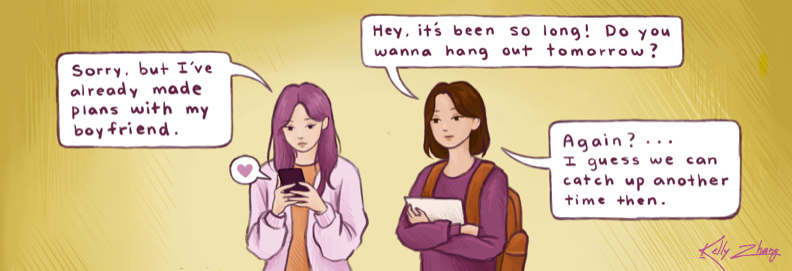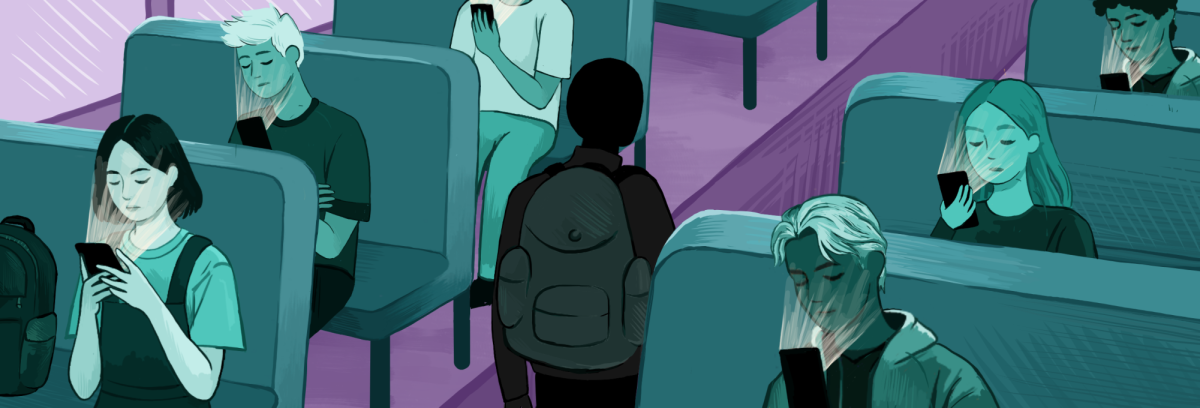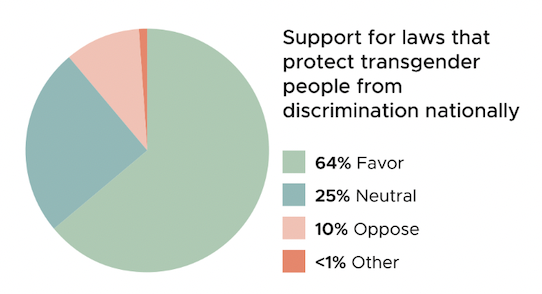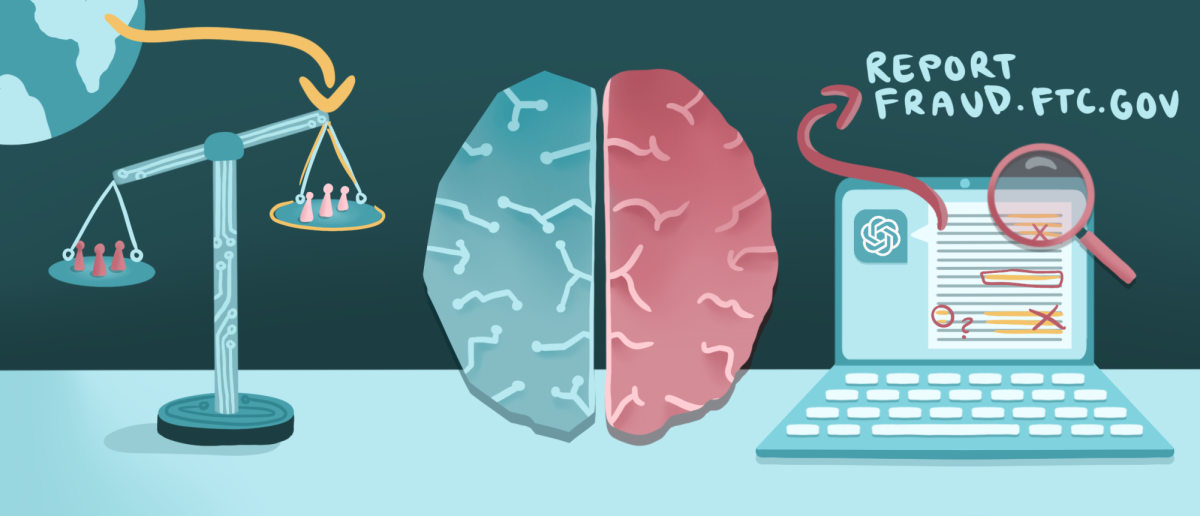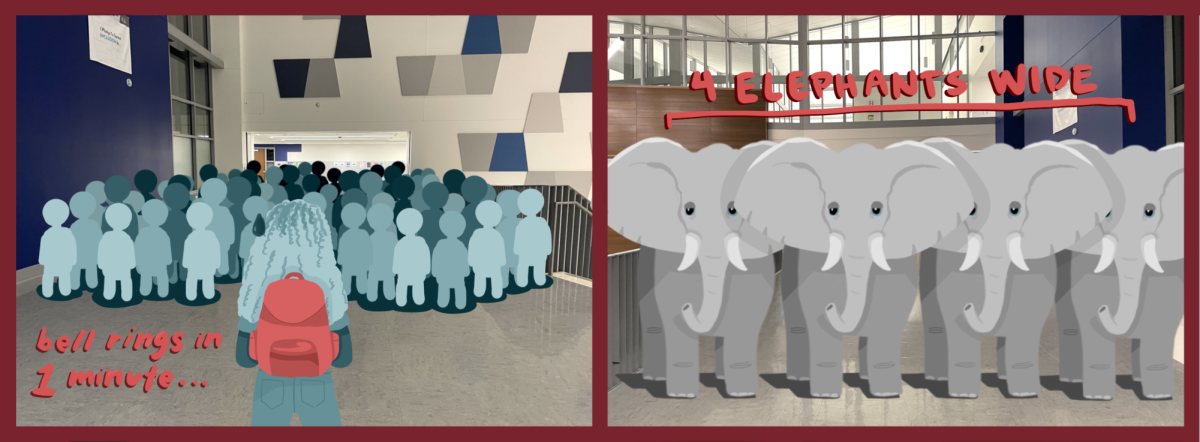Humans are naturally social creatures. Relationships, platonic or romantic, are the backbone of a fulfilling life. Yet, platonic relationships are often overshadowed by society’s infatuation with romance. For example, Panorama surveyed 131 students Jan. 23 and found that 78% of students feel like others value romantic relationships over friendships. While romantic relationships should be celebrated, friendships deserve just as much recognition and appreciation.
The imbalance of how relationships are valued has far-reaching effects. Loneliness and social isolation are rampant problems. Harvard University found that 61% of adults ages 18-25 feel “serious loneliness.” Friendships play a role in combating this issue: friends provide a safe space to share feelings, fears and successes without judgment; they establish a sense of belonging, decrease stress and boost life expectancy, according to the Mayo Clinic. By recognizing the value of friends, students can begin to address the loneliness affecting many today.
The absence of friendships leads to loneliness that is felt differently by each gender. Men, in particular, are experiencing loneliness at a higher rate than their female counterparts. According to the Cleveland Clinic, friendships require a level of emotional vulnerability that men are typically not accustomed to displaying. In contrast, women are more likely to recognize and respond to others’ emotions than men. According to Neuroscience and Biobehavioral Reviews, this allows women to form deeper, more emotionally intimate relationships. The U.S. Surgeon General cites loneliness as a silent killer — as harmful as smoking 15 cigarettes a day. In the context of friendship, this epidemic highlights the vital role that companionship plays in wellness.
In a world of that promotes heterosexuality as the social norm, movies and television shows often perpetuate the idea that different genders can’t “just be friends,” framing platonic relationships as temporary phases inevitably leading to romance. This can create an air of awkwardness in friendships, particularly when the dynamics don’t fit traditional norms. Unlike same-gender friendships, friendships with differing genders are frequently scrutinized through a romantic context, making it harder for these bonds to thrive. Breaking these barriers requires society to embrace the idea that friendship can transcend one’s pronouns, accepting friendship in all forms and not as secondary to romance, but essential to well-being.
Ultimately, all friendships are crucial for mental and physical health. To foster a healthier, more inclusive community, students must actively prioritize and nurture their friendships. Start by reaching out to friends regularly to let them know they matter. Challenge societal assumptions by cherishing all friendships. Most importantly, balance time and energy to ensure friends feel valued alongside romantic relationships. By taking these steps, people can build a culture that uplifts all types of relationships.


